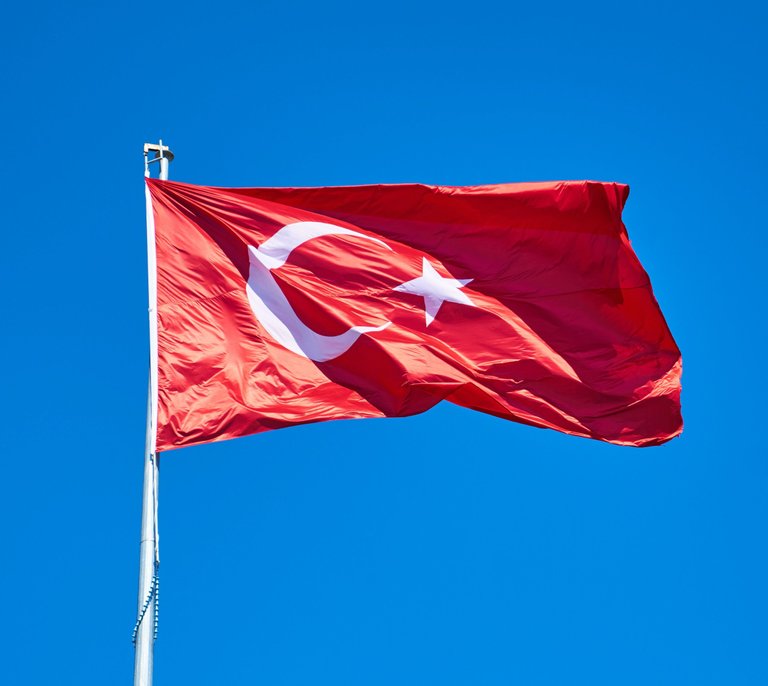Turkey is a country with a rich intellectual history. For centuries, the Ottomans were one of the most powerful empires in the world, and their legacy is still evident in Turkish culture today. In the early 20th century, Turkey underwent a major transformation with the foundation of the Republic of Turkey by Mustafa Kemal Ataturk. Since then, Turkey has been a leader in the Muslim world, and its intellectuals have made major contributions to fields such as politics, sociology, and economics.
Ottoman legacy

The Ottoman Empire was one of the largest and most powerful empires in history. For centuries, the Ottomans controlled a vast territory that encompassed much of the Middle East, North Africa, and southeastern Europe. The Ottomans were known for their tolerance of different religions and cultures, and their legacy is still evident in the region today.
The Ottoman Empire may have fallen centuries ago, but its legacy still lives on. In many ways, the modern Middle East is a product of the Ottoman era. The boundaries of the region were drawn by the Ottomans, and the modern nations of the Middle East are all heir to the legacy of the Ottoman Empire.
The Ataturk Legacy

In Turkey, there is a man named Ataturk. He was the first president of the Republic of Turkey and is considered to be the founder of modern Turkey. He is a very important figure in Turkish history and is revered by many Turks.
Ataturk's legacy is very evident in Turkey today. His reforms transformed Turkey from a traditional Muslim country into a secular, modern state. He also promoted Turkish nationalism and helped to solidify Turkey's place in the world. Today, Ataturk's legacy continues to be an important part of Turkey and its people.
The Republic of Turkey

The Republic of Turkey is a country located in the southeastern region of Europe and Asia. With a population of over 80 million people, Turkey is the world's 18th most populous country. Turkey is a republic with a Westminster-style parliamentary system. The president is the head of state, while the prime minister is the head of government.
Turkey has a long and rich history. The first settled communities in what is now Turkey date back to the Neolithic era. The first recorded Turkish state was the Hittite Empire, which flourished from around 1800 BCE to 1200 BCE. The Ottoman Empire was the most recent Turkish state, lasting from the 14th century until the early 20th century. Following the collapse of the Ottoman Empire, Turkey was declared a republic in 1923. Turkey is a member of the United Nations, NATO, and the Council of Europe
Conclusion

In conclusion, Turkey has a long and complex intellectual history. The Ottomans were a period of great intellectual activity, and their legacy can be seen in the writings of Ataturk. Ataturk's intellectualism was instrumental in shaping the modern Turkish state.








